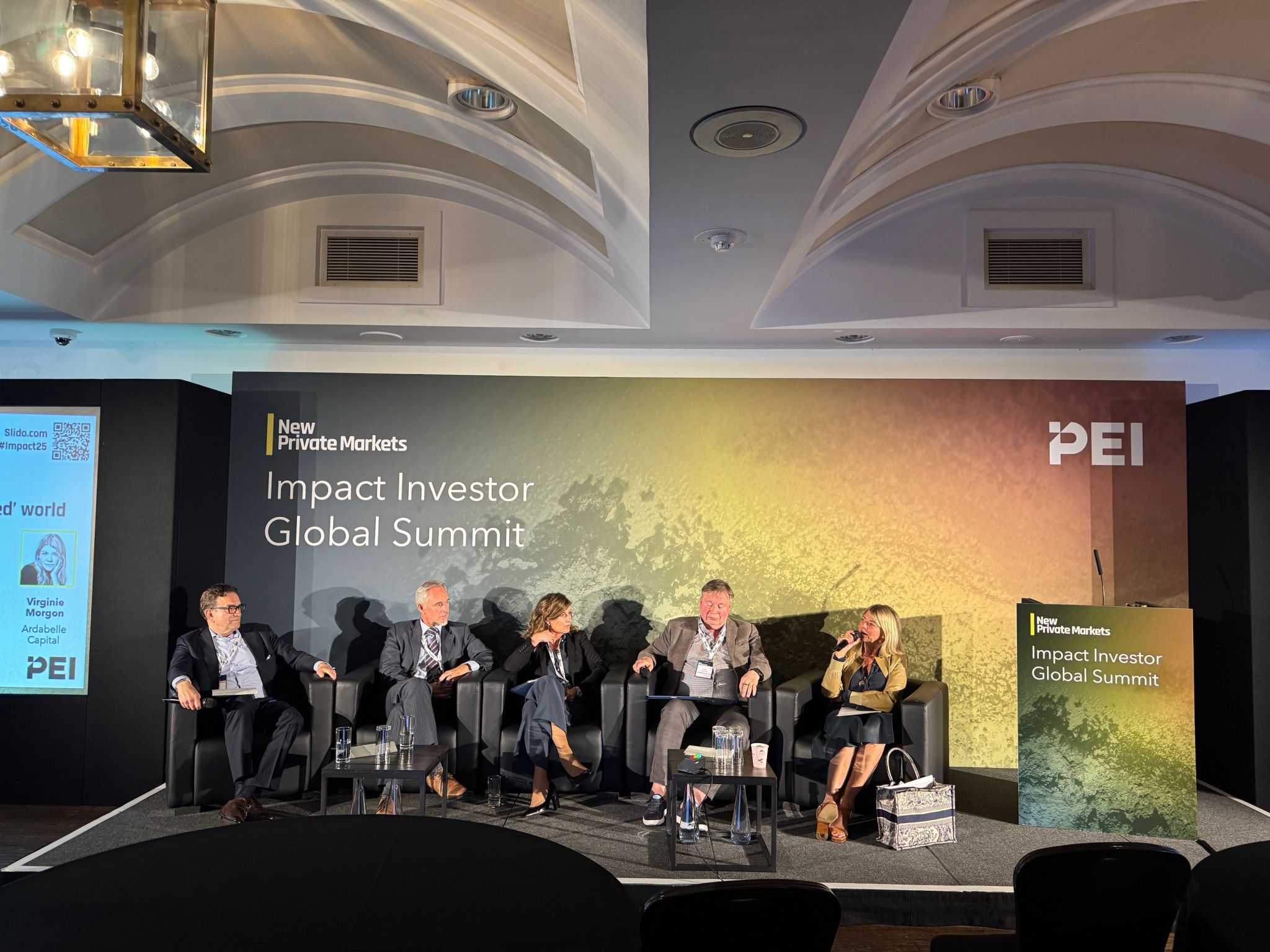What does it mean to be an impact investor in a world where globalization as we knew it is transforming? This question has become central to our investment philosophy at Ardabelle Capital as we witness the reshaping of global value chains.
Globalization is Evolving, Not Ending
Despite proclamations about the "end of globalization," the reality is more nuanced. Global challenges—from climate change to technological innovation—still require global responses. However, the corporate value chains that once epitomized efficiency have revealed critical vulnerabilities. They've become too long, too opaque, and too exposed to shocks.
The Great Rebalancing: From Efficiency to Resilience
We're witnessing a fundamental shift in how organizations think about their operations. Countries and companies are increasingly embracing reshoring and nearshoring strategies—not as protectionist measures, but as strategic necessities to build resilience and reduce dependency.
"In a post-globalized world, impact investing isn't just about doing good—it's about building the resilient, adaptive systems that will define competitive advantage for decades to come."
The pandemic exposed these weaknesses dramatically. Supply chains that were optimized for cost and speed crumbled under pressure. Now, companies and countries alike are asking fundamental questions about dependency, resilience, and sovereignty.
This repatriation of production represents more than a logistical adjustment. It's a recognition that in an uncertain world, having critical capabilities close to home isn't just prudent—it's essential for survival and competitiveness.
Digital Globalization: The New Frontier
While physical trade faces increasing constraints, digital globalization is thriving. Data flows, AI deployment, remote work capabilities, and digital services are creating new forms of international collaboration and value creation. This digital transformation isn't replacing physical trade—it's augmenting it, creating hybrid models that combine the best of both worlds.
For impact investors, this presents unique opportunities. Companies that can navigate both physical and digital realms, that can build resilient local operations while maintaining global digital connections, will be the winners of tomorrow.
Climate: The Ultimate Stress Test
Climate volatility is becoming the ultimate stress test for global supply chains. Droughts are decimating crops in Spain, Italy, Greece, and California. Extreme weather events disrupt manufacturing and logistics. The war in Ukraine has fundamentally altered energy and food supply routes.
These aren't temporary disruptions—they're the new normal. Supply chains built for a stable climate are failing in our volatile present. This creates both risk and opportunity for impact investors who understand how to build climate-resilient operations.
The Leadership Imperative
In this transformed landscape, corporate leaders face clear imperatives:
- De-risk critical supply streams through diversification and localization
- Future-proof operations against climate and geopolitical shocks
- Navigate complex regulatory environments that increasingly favor sustainability and sovereignty
- Build adaptive capabilities that can respond to rapid change
Building Tomorrow's Value Chains
The organizations that will lead in the coming years are those building resilient, inclusive, and adaptive value chains today. This isn't about retreating from the world—it's about engaging with it more thoughtfully, more sustainably, and more strategically.
For impact investors, this transformation presents a historic opportunity. Companies that can combine local resilience with global connectivity, that can balance efficiency with sustainability, and that can navigate both physical and digital realms will define the next era of value creation.
At Ardabelle Capital, we're actively seeking and supporting companies that understand this new paradigm. The future belongs to those who can build value chains that are not just efficient, but antifragile—growing stronger through adversity rather than merely surviving it.
This article was adapted from a LinkedIn post. View the original discussion and join the conversation:
💼 View on LinkedIn
